Kochi/Chennai/Coimbatore | Thursday, October 9, 2025 — The Enforcement Directorate (ED) on Wednesday mounted a coordinated search operation across 17 locations in Kerala and Tamil Nadu, zeroing in on alleged networks that funnelled high-end vehicles into India through fraudulent routes and paperwork before moving them to domestic buyers at steep discounts. Among the premises searched were properties linked to actors Dulquer Salmaan and Prithviraj Sukumaran, according to officials familiar with the matter. As of press time, investigators announced no arrests, saying the exercise was focused on gathering financial records and digital evidence under the Foreign Exchange Management Act (FEMA); summons could follow as materials are forensically examined.
The ED action, officials said, flows from a September customs operation that seized multiple premium vehicles suspected to have been smuggled via Bhutan (and in some instances Nepal), then registered in northern states using forged or misused documentation before being transacted in the south. Investigators are probing alleged hawala trails and forex violations alongside possible import-duty evasion, with a focus on a Coimbatore-centric facilitation network. The film industry reacted with caution, urging due process; representatives of those searched declined detailed comment pending legal review.
The Day Of The Raids: A Coordinated Sweep
Teams from the ED’s Kochi Zonal Office fanned out across Ernakulam, Kochi, and Palakkad in Kerala and Coimbatore and Chennai in Tamil Nadu. Residential and commercial premises linked to automobile traders, logistics facilitators, and high-profile buyers were searched. Devices — phones, laptops, external drives — as well as KYC files, bank statements, SIM packs, messaging records and vehicle-registration papers were seized for examination, officials said. The emphasis, they added, was on establishing the money trail and cross-checking paper trails across banks, RTOs, and customs documentation.
In the entertainment fraternity, attention centred on Dulquer Salmaan and Prithviraj Sukumaran after news broke that premises linked to them were searched. Indian Express reported that Dulquer declined to comment while moves play out in court, and that premises linked to his father, veteran actor Mammootty, also came under the scanner in Chennai. Hindustan Times and NDTV likewise confirmed ED search activity connected to the celebrities, emphasising that the case stems from the customs probe and is being pursued under FEMA.
Sources involved in the operation stressed that the Wednesday exercise was not a conclusion but an evidentiary step. “The idea is to forensically lock down documents and device-level data consistent with FEMA-linked violations and suspected undervaluation in the value chain,” one official said, adding that mule-account mapping and intermediary interviews will follow. Economic Times and Outlook reported that the syndicate allegedly used forged identities to sail vehicles through registrations in Arunachal Pradesh and Himachal Pradesh, then moved them to clients elsewhere.
What Investigators Allege: The “Bhutan Route,” Fake Papers, And Hawala
According to officials, the suspected pipeline worked like this:
- Sourcing & Entry: Pre-owned or high-end vehicles were sourced outside India and routed through Bhutan (and occasionally Nepal) to exploit duty differentials and porous checks.
- Paper Layering: Using forged documents — including claims of special institutional use or misdeclared provenance — the vehicles obtained registrations from northern states reputedly used by the network. Some reports mention false claims referencing Army, embassy, or central ministry credentials to smooth approvals — allegations yet to be tested in court.
- Re-Sale & Discounting: Once carrying a domestic registration, the cars were marketed to high-net-worth buyers at prices under-cutting standard market rates. The price arbitrage, officials allege, was made possible by dodged import duties and illicit forex mechanisms.
- Money Movement: Proceeds allegedly travelled through informal forex channels (hawala), with some settlements off-books. The ED’s FEMA lens is aimed precisely at these cross-border value transfers and unauthorised forex dealings.
The Times of India’s Kochi bureau noted that a customs operation on September 23 had earlier seized several high-end vehicles and flagged a larger universe of suspect cars — setting the stage for the present FEMA follow-up. Indian Express later added that Dulquer had approached court for relief in a related vehicle-seizure matter even as ED proceeded with searches this week.
Names, Narratives, And The Line Between Buyer And Beneficiary
Whenever film personalities surface in enforcement actions, an immediate question erupts in the public sphere: Were they beneficiaries, facilitators, or unwitting buyers? Investigators, for now, are not levelling definitive assertions and are couching their communications in “alleged” and “suspected” — legal caution that is both prudent and necessary. Media accounts emphasise that no arrests had been recorded by Wednesday evening; ED is expected to issue summons where required, after inventorying and imaging seized devices and sifting bank/RTO records.
Hindustan Times and India Today reported that the focus is squarely on the import/registration chain — the “gates” where duty, valuation, and eligibility can be manipulated — rather than celebrity status per se. In other words, what matters to the FEMA probe is how money moved, how papers were obtained, and who knowingly participated in transactions with evident red flags.
Industry voices, speaking off the record, counselled restraint and due process, pointing out that luxury-car transactions often involve intermediary dealers and complicated histories (bank repos, cross-border imports, NRI transfers). “The compliance onus falls on multiple links,” said a dealer in Chennai. “If a buyer is shown an apparently clean RC and stamp spiral, they may not trace provenance beyond a point unless a luxury-segment diligence norm is mandated.” That possibility — tighter buyer-side diligence — is one outcome experts expect from the present episode.
FEMA, Customs & A Patchwork Of Compliance
What FEMA Looks For
FEMA (1999) regulates cross-border currency and payments and capital account transactions; contraventions can draw penalties, asset attachments, and compounding settlements. Unlike criminal laws such as PMLA, FEMA is civil in nature—but FEMA matters can link up with customs or PMLA if evidence so warrants. Here, ED’s brief is to look for unauthorised forex flows, hawala, under-invoicing/over-invoicing, and beneficial-owner trails — especially when offshore legs appear.
Where Customs Fits
Customs law targets evaded duties, misdeclaration, and improper import channels. Seizures of vehicles that appear dubiously admitted to the domestic tariff area can trigger both customs adjudication and parallel FEMA questions: Was foreign exchange moved illicitly? Were proceeds layered? Were values misdeclared to cheat duties? The September seizures reportedly catalysed ED’s move to protect the forex-control flank.
Registration & the State Matrix
RTOs in Arunachal Pradesh and Himachal Pradesh have been named in media reports as nodal points exploited by the network. Those states — and their transport departments — may now find themselves sifting through legacy registrations for anomalies, a task complicated by inter-state transfers and digitisation gaps. Outlook and TOI both flagged that forged or misused institutional credentials allegedly greased approvals.
The Economic Logic: Why These Rackets Flourish
- Duty Arbitrage: Luxury vehicles attract steep import duties. Any method that minimises assessed value or reclassifies the import can unlock massive margin.
- Registration Loopholes: Differential state-level processes and legacy paperwork cultures create exploitable seams.
- Liquidity & Privacy: HNI buyers sometimes value speed, discretion and value — creating demand for cars that are “too good to be true.”
- Trans-Himalayan Gateways: Bhutan and Nepal trade corridors present complexities that bad actors exploit — from temporary admission to transfer mislabelling.
- Enforcement Bandwidth: Limited cross-validation between customs, RTOs, and financial-intelligence systems can delay detection, allowing rackets to scale.
As one senior compliance consultant put it, “The vector thrives in the hand-over zones — the edges where one authority’s writ ends and another’s begins. Stitch those seams, and the model collapses.”
Lessons From Past Stings: How The System Responds
India’s gear-up against value-chain leakages has come in waves: gold smuggling arcs through Gulf hubs; e-commerce under-invoicing rings; shell-company flips in real estate; and now, this pre-owned luxury-car vector. A common pattern emerges:
- Phase 1: Seizures — a visible consignment is intercepted; key nodes light up.
- Phase 2: Financial Probe — FEMA/PMLA angles kick in; hawala trails mapped; bank accounts frozen.
- Phase 3: Policy Tightening — circulars standardise KYC, inter-state RTO verifications, and customs-transport data-sharing.
- Phase 4: Compliance Culture — dealers and buyers adapt; reputational risk becomes a real pricing factor.
With Wednesday’s raids, the present case sits between Phase 1 and Phase 2. The next movement will be telltale: summons, recorded statements, and — if the evidence coheres — attachments or show-cause notices under FEMA.
What Buyers, Dealers, And Financiers Should Do Now
For Buyers (especially HNIs):
- Treat bargain-priced luxury cars with high scepticism. Demand full provenance: import papers, customs clearances, and a certified chain of custody.
- Verify registration history across states — not just the current RC.
- Avoid cash-heavy transactions; ensure GST, TCS and source-of-funds trails are clean.
- Insert reps & warranties into sale contracts on lawful import and duty payment, with indemnities against seizure.
For Dealers/Intermediaries:
- Hard-code enhanced due diligence in intake: VIN trace, chassis check with manufacturer, and customs-data lookup where accessible.
- Maintain KYC archives for consignors and buyers; log testing, valuation, and refurbishment records.
- Keep a compliance calendar: regular audits, staff training, and a “no-touch list” for suspect registries/agents.
For Financiers/Insurers:
- Update underwriting to flag registration-path anomalies (e.g., multiple inter-state flips in short time).
- Tie coverage to compliance proofs; contemplate policy clauses that void coverage on proven illegal provenance.
Film Industry, Reputational Risk, And The “Front Page Effect”
When cinema icons are connected to enforcement headlines, the front page effect kicks in long before the law reaches conclusions. Three cautionary notes bear repeating:
- Allegation ≠ Guilt: Searches do not imply culpability. Enforcement agencies must prove violations in adjudication or court. Celebrities and any other named persons remain innocent until proven otherwise.
- End-Buyer Exposure: In complex chains, end-buyers may face inconvenience (seizures, queries) despite no role in import irregularities — underscoring why due diligence protects reputation and balance sheet alike.
- Industry Self-Regulation: Associations could pilot voluntary provenance protocols for high-value vehicles — a move that restores confidence and deters rogue intermediaries.
Indian Express, TOI, HT, India Today, and NDTV coverage converged on the same essentials: ED is building a FEMA case that sits atop a customs seizure spine; film personalities’ premises were searched; evidence is being gathered; no arrests were declared by Wednesday night; and statements will follow as the paper trail is stitched.
What Happens Next: Five Signposts To Watch
- Summons & Statements: ED will likely issue summons to persons of interest for depositions once device imaging and bank-RTO reconciliations progress.
- FEMA Attachments: If investigators are satisfied about unauthorised forex flows, expect provisional attachment of assets under FEMA — a civil route often used to ring-fence value pending adjudication
- Customs Adjudication: Parallel customs proceedings may push toward redemption fines, confiscation, or compounding, depending on the facts of each vehicle
- Inter-State RTO Review: Transport departments in implicated states could undertake file audits to identify patterns: identical introducers, common notaries, or repetitive affidavit templates.
- Policy Tightening: Expect data-sharing protocols between customs, FIU, RTOs, and GST back-ends; possible VIN verification APIs; and stricter dealer accreditation norms for high-end imports.
The Larger Picture: Cracking The Value-Leakage Pipeline
The present case captures India’s ongoing struggle to plug leakages in a consumption economy that prizes global brands but where regulatory seams remain. For enforcement, it is a systems challenge: harmonise customs valuation, transport registry integrity, and financial-intelligence triggers so that no single lapse can be weaponised across states.
For citizens and buyers, the lesson is simpler: paper trails are the real luxury. The provenance that keeps a dream car yours — and off a tow hook — isn’t stitched leather and V8 torque. It’s the docket.
#ED #FEMA #Customs #LuxuryCars #Kerala #TamilNadu #Enforcement #AutoCompliance #Hawala #Smuggling #NationalNews #Investigation







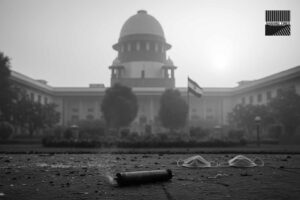



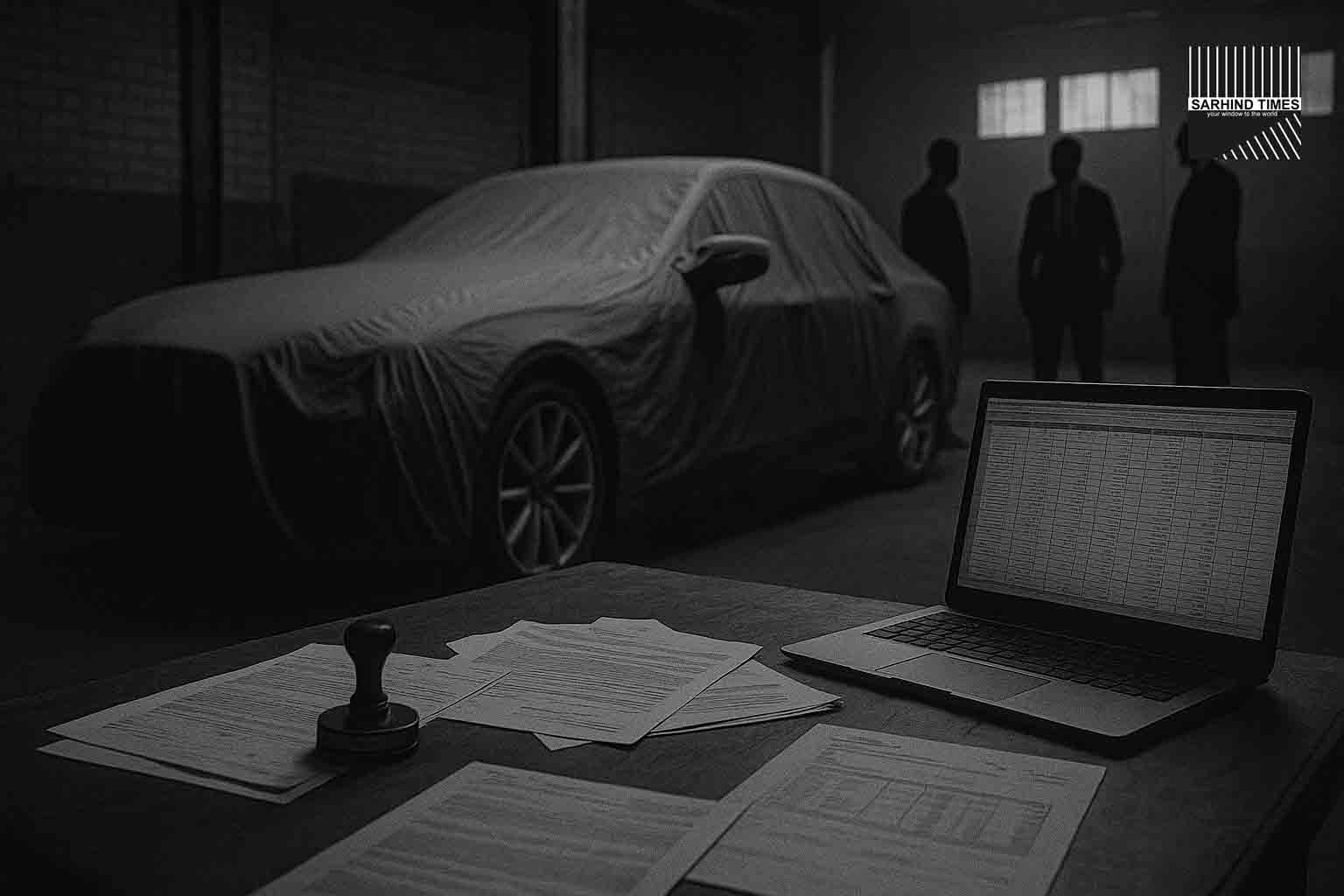

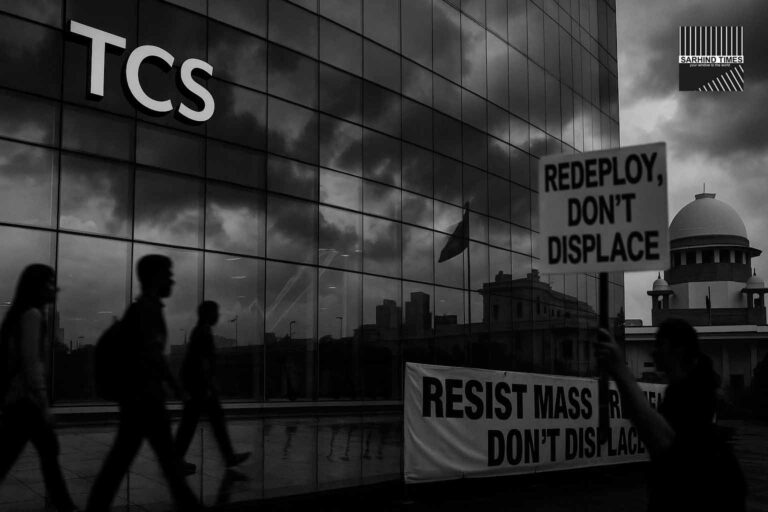
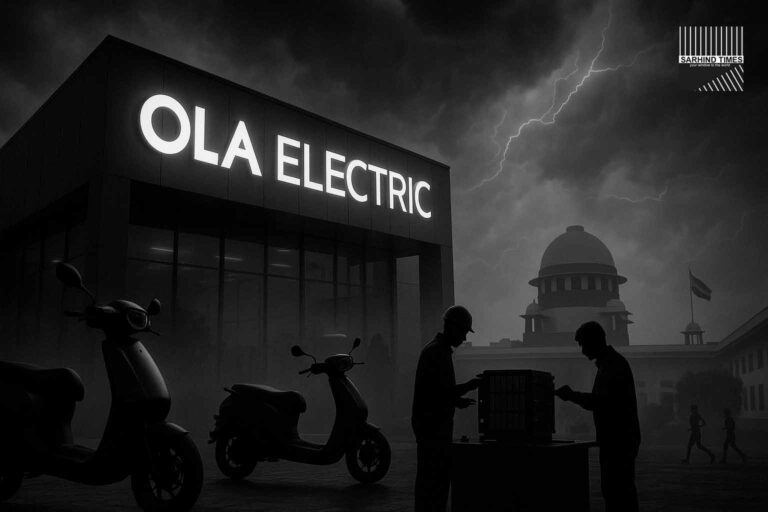
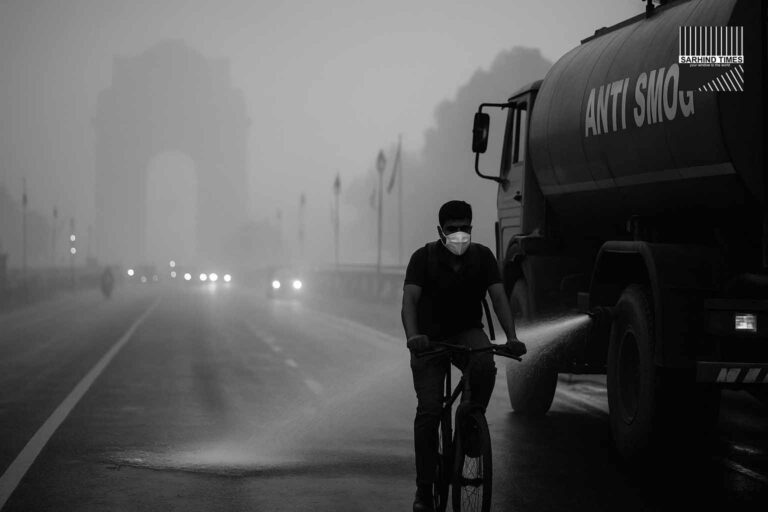
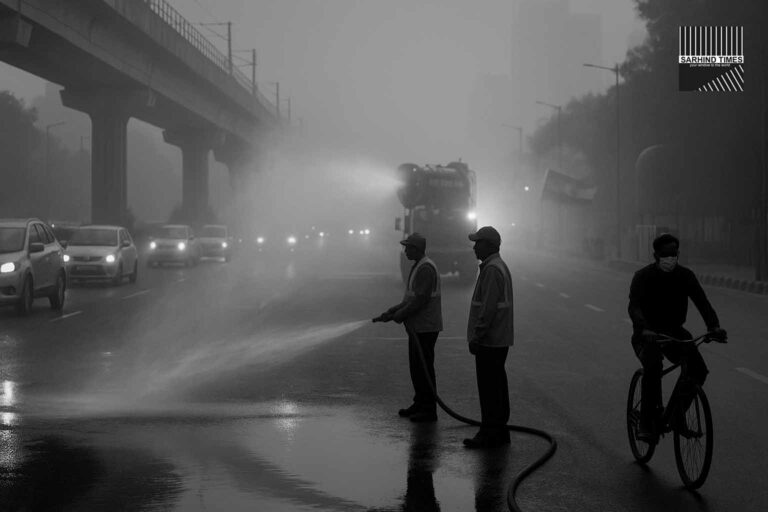



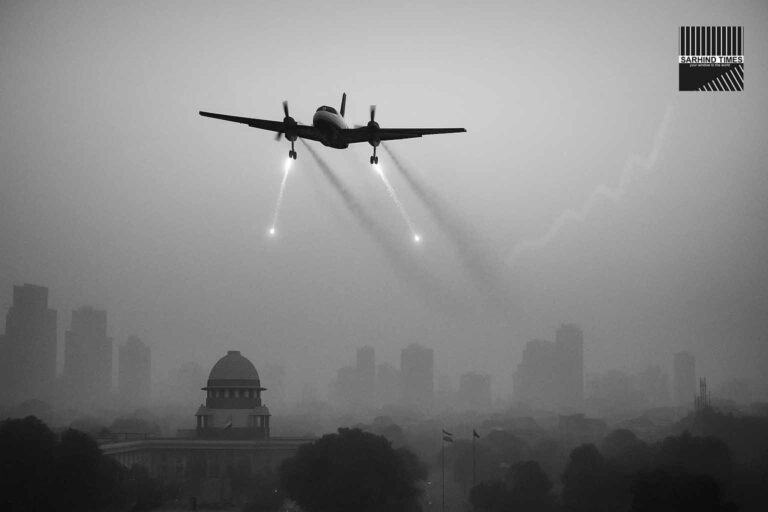
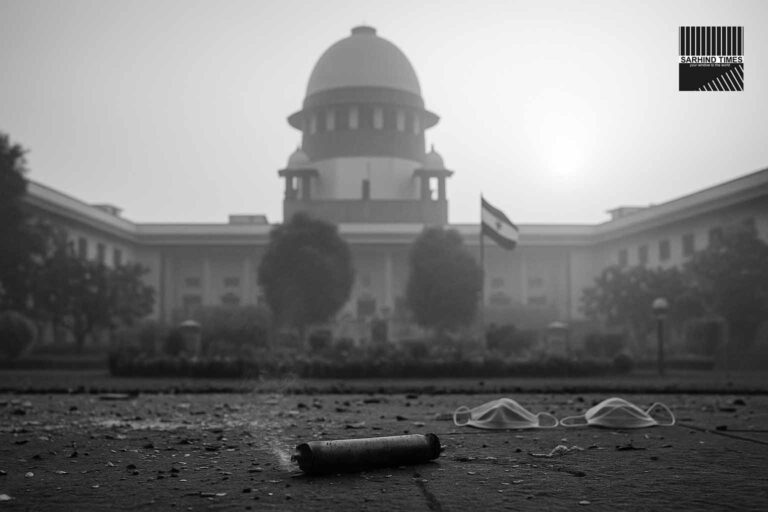
+ There are no comments
Add yours